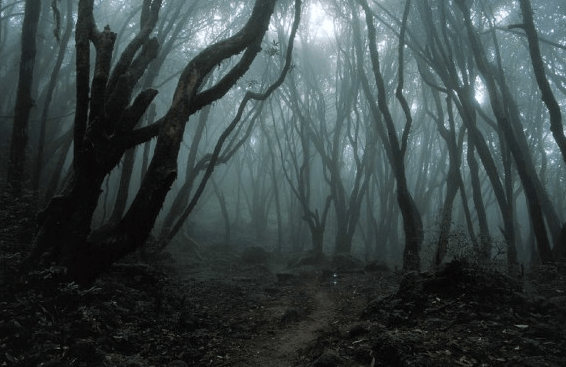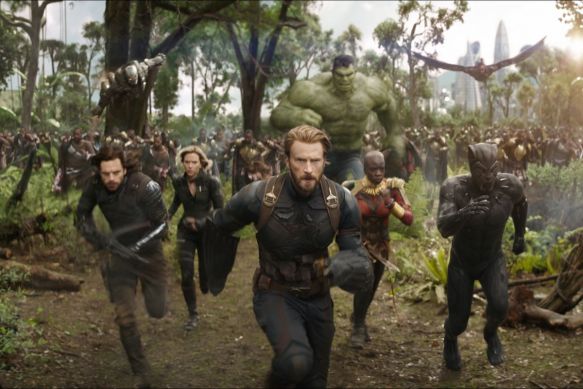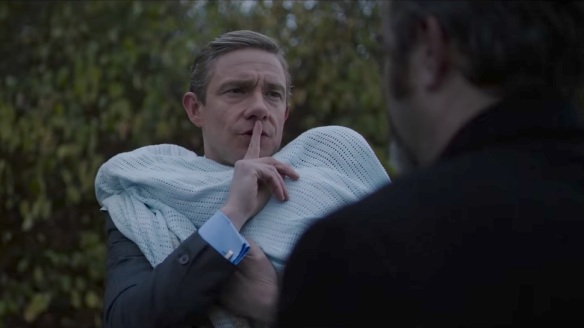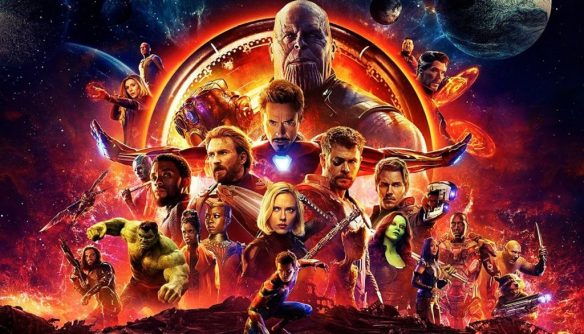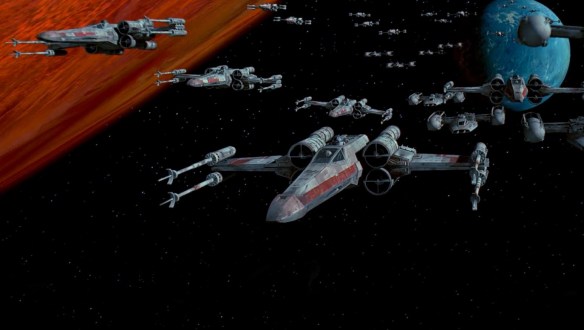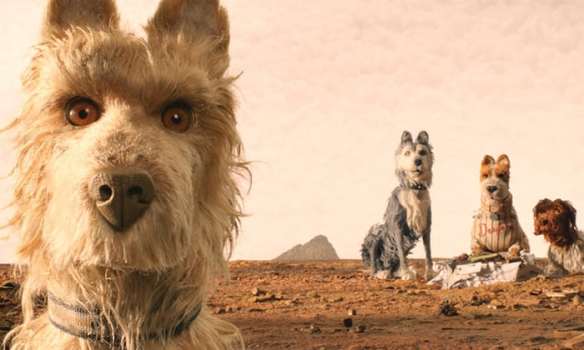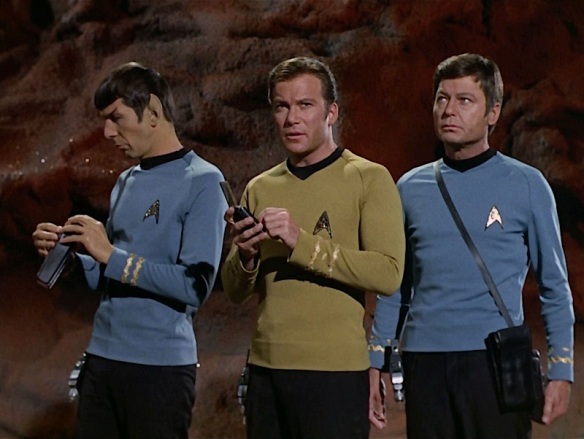
I am presently introducing my youngest son to Star Trek, beginning, obviously, with the original series. He loves it, and I am once again struck by the ground-breaking brilliance of some of those early episodes. Yes, today they look very lo-fi, but the superb characterisation and imaginative plots remain as potent as ever.
The genius of Gene Roddenberry’s original Star Trek, which has never really been topped in later versions, is the stark choices faced between logic (personified by Mr Spock, played by Leonard Nimoy) and emotion (personified by Dr McCoy, played by DeForest Kelley), with Captain Kirk (personifying action, played by William Shatner) always having to choose between the two in any given crisis, or else find a compromise.
The high point in any Star Trek education is the film Star Trek II: The Wrath of Khan, and I will brook no argument with that. My son and I will get to that in due course, but leaving that and the other films aside (not to mention later crews, spin-offs and so on), here are my ten favourite episodes from Gene Roddenberry’s original and still wonderful series.
10. The Devil in the Dark – When mining colonists keep getting horribly killed by a silicon based lifeform, it’s up to the Enterprise crew to try and resolve the matter. Never mind the fact that said lifeform resembles someone hiding under a shaggy rug, this is one of the great “life, but not as we know it” episodes, complete with memorable mind-meld scene and some great McCoy lines (“I’m a doctor, not a bricklayer”).
9. Mirror Mirror – A quintessential parallel universe episode, featuring a fascist alternative Enterprise in which backstabbing, one-upmanship and brutal assassination – not to mention human interplanetary tyranny – is commonplace. Parallel Spock’s evil beard is meant to mark him out as a bad egg, although by the end of the episode his character proves rather more nuanced.
8. Spectre of the Gun – After ending up at the wrong end of an alien death sentence, Kirk and crew find themselves in a simulation of the gunfight at the OK Corral, in the old west. Unfortunately, they are meant to be the Clantons, and the Earps are their executioners.
7. The Naked Time – A fun episode whereby an alien virus infects the crew of the Enterprise, causing them to unleash repressed emotions and passions. It’s particularly notable for a scene where Spock desperately tries not to cry, Sulu fencing, and Chief Engineer Scotty’s classic line: “I cannae change the laws of physics!”
6. Arena – After a territory skirmish with reptilian aliens called the Gorn, another far more highly advanced alien race called the Metrons, who claim to abhor violence, insists the humans and Gorn settle their differences in a gladiatorial death match. Kirk defeats the Gorn by essentially reinventing gunpowder using minerals on the planet he is placed on by the Metrons. This is a faults-on-both-sides narrative is very much in keeping with Roddenberry’s humanitarian philosophy inherent in much of Star Trek.
5. The Trouble with the Tribbles – A lighter, more comedic episode involves shore leave on a space station, Klingons, and a race of small cute, furry aliens that multiply at an alarming rate. Scotty’s solution to the infestation of the Enterprise, ie beaming them over to the Klingons, is particularly amusing.
4. The Menagerie – The only two-part story in the original Star Trek, this features flashback footage from the discarded pilot, The Cage, and introduces us to the original Captain of the Enterprise, Captain Pike (played the excellent Jeffrey Hunter). A mutiny plot provides the narrative framework for a fascinating tale of alien abduction, with a (for its time) surprisingly sexual undertone, including the notorious green skinned Orion slave girl.
3. Amok Time – Vulcan mating season hits (so to speak), and Spock has to return to Vulcan to marry his betrothed. Kirk and McCoy accompany, but fail to understand just what observing and participating in the Vulcan marriage ritual may entail. The sequence where the normally logical, unemotional Spock regresses to a pre-logic state of repressed Vulcan savagery, and has to fight Kirk in a death match, is justly celebrated.
2. Balance of Terror – A gem of an episode that foreshadows the “Hornblower in Space” thrills of Wrath of Khan, in its tale of the Enterprise encountering a fiendishly clever Romulan warship commander. Unlike Wrath of Khan however, as Kirk and his adversary attempt to outwit one another, a curious mutual respect develops between both parties
1. The City on the Edge of Forever – My absolute favourite episode features a temporarily insane McCoy thrown back in time to the 1930s. History is changed in a disastrous way, and it’s up to Kirk and Spock to go back, find McCoy, and put things right. However, events are complicated when Kirk falls in love with Edith Keeler (Joan Collins). Edith runs a homeless shelter during the Great Depression, but she is also a prescient visionary, whose future influence proves pivotal. There are some superb moments of Kirk/Spock humour, but the central tragic love story is what makes The City on the Edge of Forever so memorable. William Shatner is often unfairly berated as a hammy actor, but the final scene, where Kirk mutters “Let’s get the hell out of here…” is a masterclass of bitterly understated suppressed grief.


